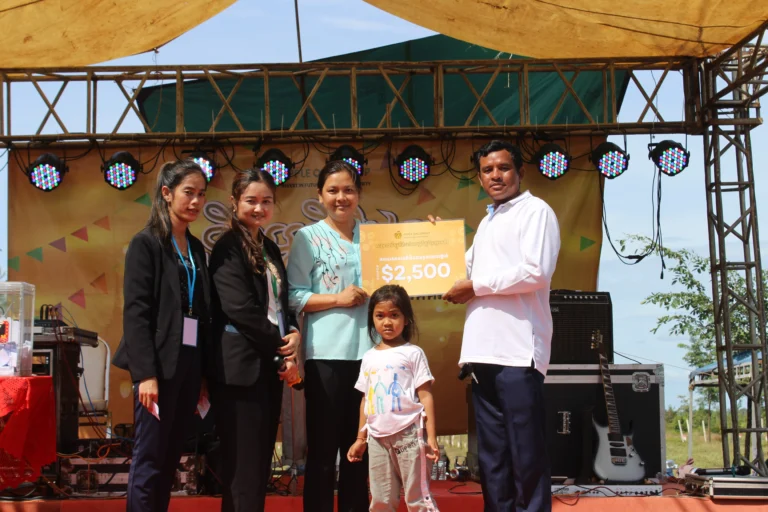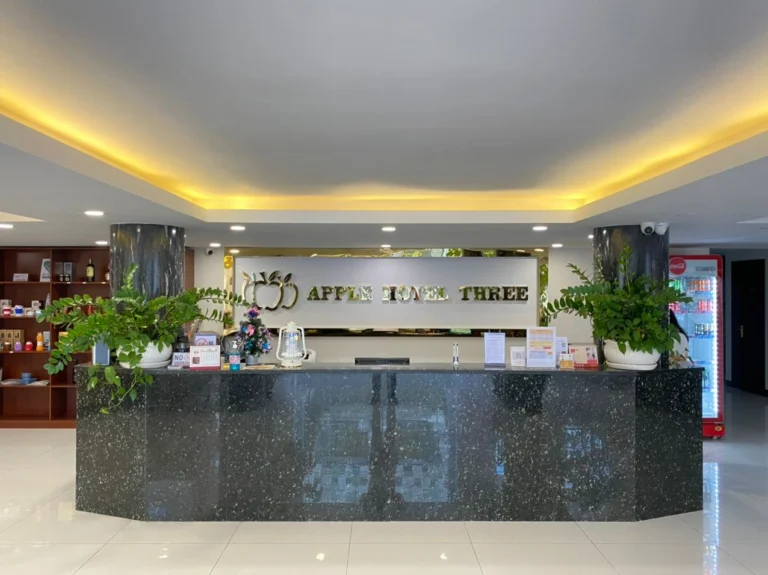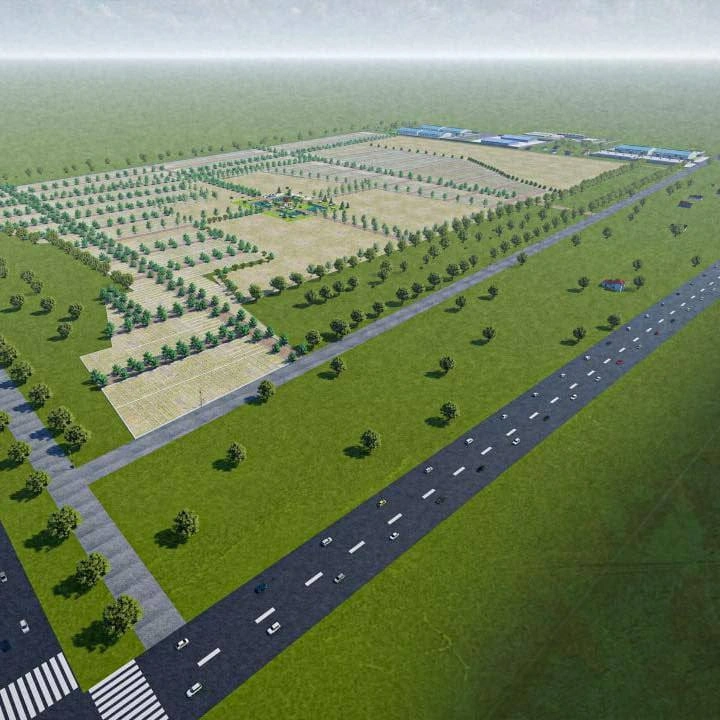How Eco-Friendly Real Estate Projects and Green Energy Initiatives Are Shaping the Future of the Property Market
The real estate industry is undergoing a profound transformation as eco-friendly projects and green energy initiatives take center stage in property development. This shift is not only addressing pressing environmental concerns but is also redefining market dynamics, influencing property values, and aligning with the evolving preferences of modern consumers.
Market Demand and Property Valuation
A growing number of homebuyers are prioritizing sustainability, leading to a significant impact on property values. In the UK, for example, properties that have undergone energy-efficient retrofitting command an average premium of 9.4%, demonstrating the increasing market preference for eco-friendly homes. As sustainability becomes a key consideration, developers and investors are recognizing the financial benefits of green real estate projects.
Government Policies and Regulatory Frameworks
Government initiatives, such as the European Union’s Green Deal, are setting ambitious targets to reduce greenhouse gas emissions. The real estate sector, which accounts for approximately 40% of the EU’s energy consumption and 36% of its greenhouse gas emissions, is directly affected by these policies. Regulatory frameworks are driving the adoption of sustainable practices in property development and management, making eco-friendly real estate an industry priority.
Technological Innovations and Sustainable Practices
Advancements in technology are playing a crucial role in integrating green energy solutions into real estate projects. Smart building technologies, renewable energy installations, and sustainable materials are becoming standard practices, enhancing energy efficiency and reducing operational costs. These innovations are making sustainable properties more attractive to buyers and investors alike.
Case Studies: Eco-Friendly Developments
Several successful projects highlight the seamless integration of eco-friendly designs in real estate:
- Aldinga Arts Eco Village, Australia: Established in 2002, this village features on-site farms, orchards, and communal vegetable plots, fostering a strong sense of community and sustainable living.
- Blackwood House, Scotland: Located within the Victorian Solsgirth Estate, this modern eco-home incorporates solar panels and an air source heat pump, showcasing the marketability and appeal of sustainable properties.
Challenges and Future Outlook
Despite the numerous benefits of eco-friendly real estate, challenges such as higher initial investment costs and the need for widespread industry adoption remain. However, the long-term advantages, including reduced operational expenses, enhanced property values, and alignment with consumer preferences, solidify sustainable practices as a key driver in the future of the property market.
Internships in Cambodia and Green Real Estate
As sustainability gains momentum in the global real estate sector, opportunities for learning and professional development are expanding. Internships in Cambodia are emerging as a valuable avenue for students and young professionals to gain hands-on experience in eco-friendly construction, renewable energy integration, and sustainable property management. These internships provide insights into innovative green building techniques and offer a chance to contribute to the future of sustainable real estate development.
Conclusion
The integration of eco-friendly real estate projects and green energy initiatives is fundamentally reshaping the property market. As environmental considerations take precedence, the adoption of sustainable practices is proving to be not only beneficial for the planet but also economically advantageous for developers, investors, and homeowners. With the rise of green real estate, coupled with opportunities such as internships in Cambodia, the future of the property sector is being redefined by innovation, responsibility, and sustainability.






